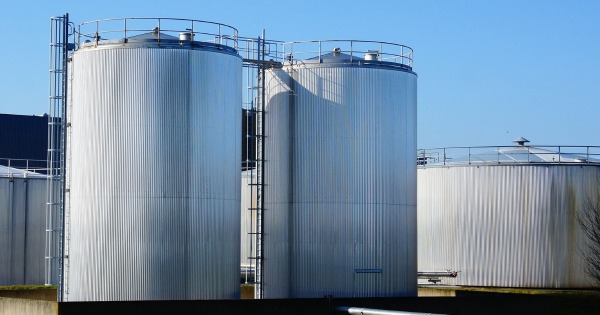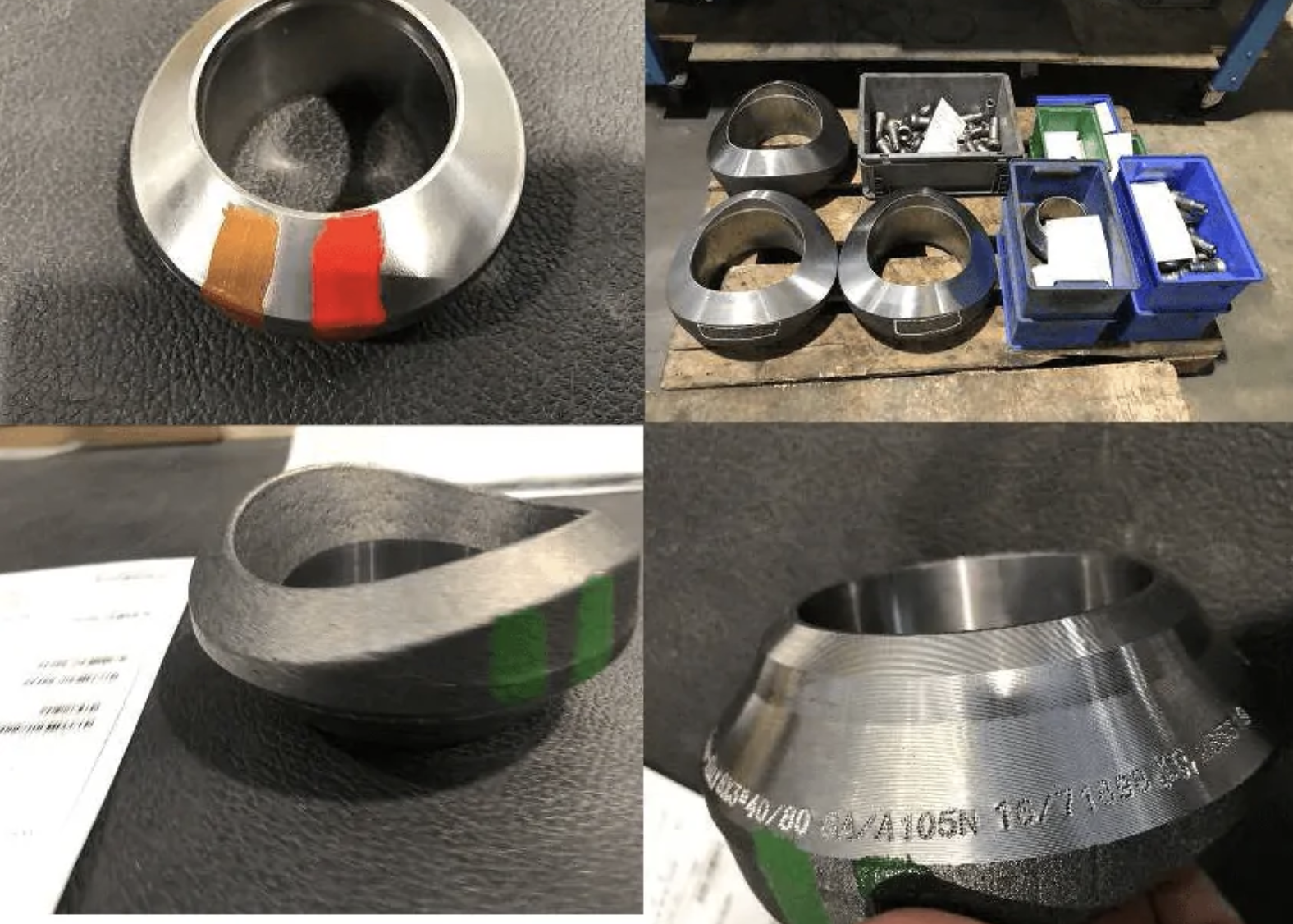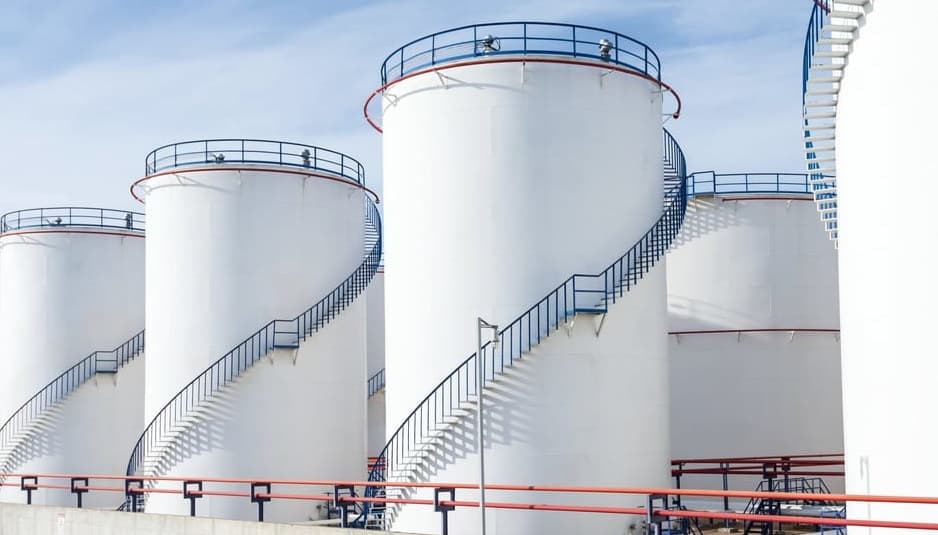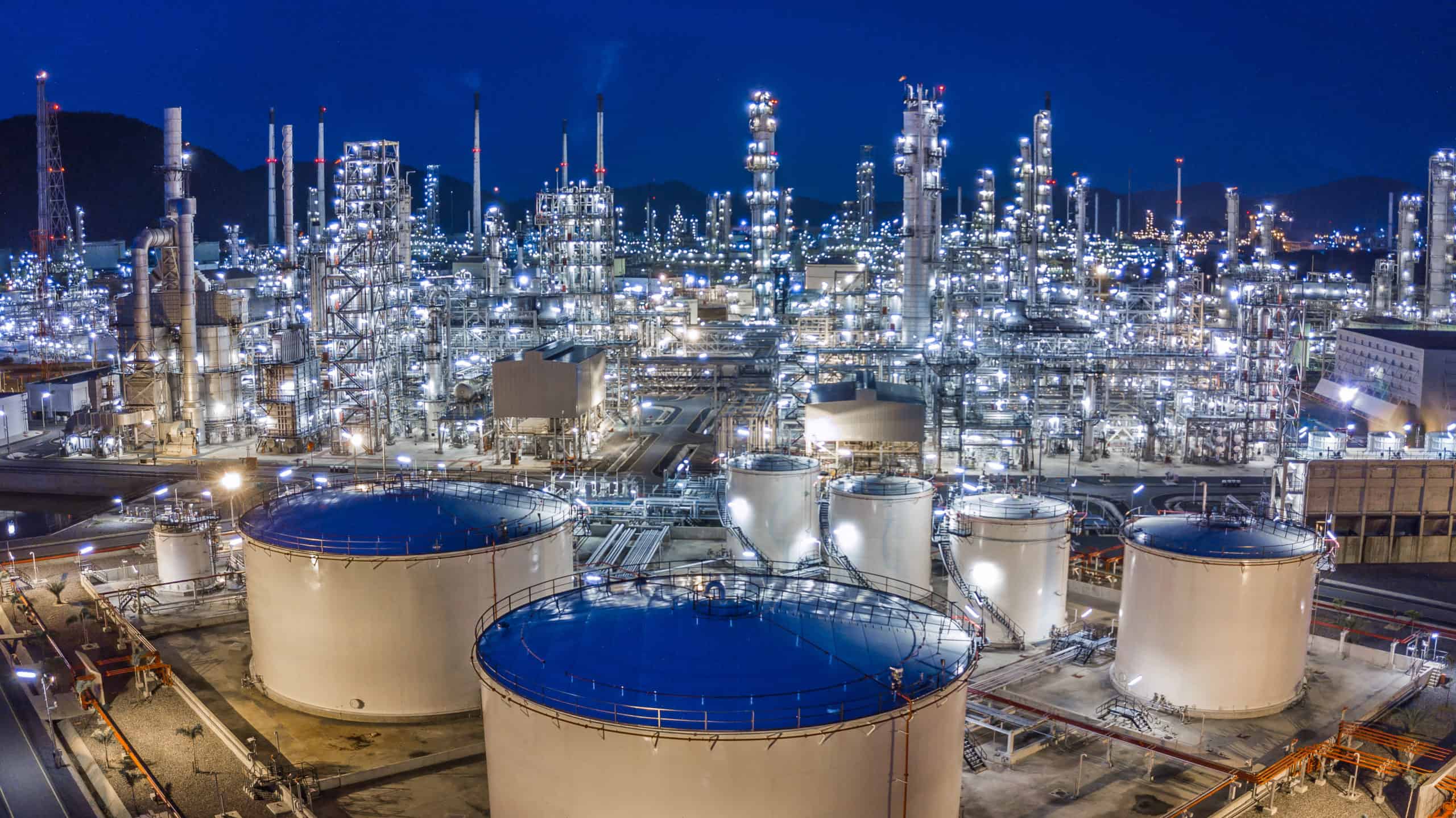Metal corrosion is the bane of most industrial storage tank solutions. The global corrosion costs stand at a staggering $2.2 trillion every year, approximately 3% of the world’s GDP. Closer home, corrosion sets back each US armed service an average of $5 billion annually. This sneaky enemy can cause various issues ranging from full storage tank failures to leaks and contamination.
Plant managers and owners may need to have a proactive approach that better protects their assets. The best bet would be routine industrial tank inspections. Refinery, petrochemical, and storage tank operators need to make critical inspections to ensure all equipment is structurally sound and safe for use.
Storage tank inspection is one of the basics within periodic status checks that cover regulatory compliance. Plant operators continually wrestle to remember when a particular vessel requires an assessment. Here are tips to help you determine when the next storage tank inspection for your facility will be.
1. Federal and State Regulations
There are numerous overlapping federal and state laws that govern the operation and inspection of above-ground storage tanks. Most of these regulations are local and state-enforced, with each jurisdiction having stricter inspection requirements.
Federal laws tend to cover specific industries such as hazardous waste tanks and fuel storage tanks. Some of the inspection requirements appear on the Spill Prevention, Control, and Countermeasure rule. It requires facilities to develop, maintain, and implement an oil spill prevention plan that includes storage tank inspection. The field-erected tanks must be internally inspected every ten years and externally inspected every five years by a certified API 653 inspector.
Some states may demand NDT inspection before offering a new permit. You may seek RBI inspection services before applying for a new license. RBI inspection companies, such as InServe Mechanical, can provide unbiased and accurate reports that can hasten your approval process.
2. Insurance Companies
While most states have a monopoly on implementing governmental regulations, a new entity is slowly cropping up. With a growing number of tank failures, insurers are now pushing plant managers to have storage tank inspection reports to safeguard against potential liability.
If you plan to pick a new policy or change insurance companies, an NDE inspection that meets the API 653 standard may be necessary. However, be mindful of a potential duplicate inspection. InServe Mechanical Group can work with your agent to understand the timing requirements. It ensures insurance inspection timelines align with your state mandates.
3. API 653 Standard
The best source to determine when to carry out your storage tank inspection is the API 653 standard itself. It provides a guideline as to when and how to carry out industrial tank inspections. Only licensed API inspectors should carry out the inspections. For formal external assessments, the API 653 recommends regular checks every five years or calculation-based checks on shell thickness and depreciation rate. Risk-based inspections can help determine corrosion rates. Observation of significant changes during your monthly assessments would be a good reason to call for a formal API 653 inspection.
Neglecting storage tank inspections can be costly for your plant. You can determine the frequency by looking at state and federal codes, insurance guidelines, or the API 653 standard baselines. InServe Mechanical Group can help organize scheduled RBI inspections to keep your tanks safe and compliant all year round.




